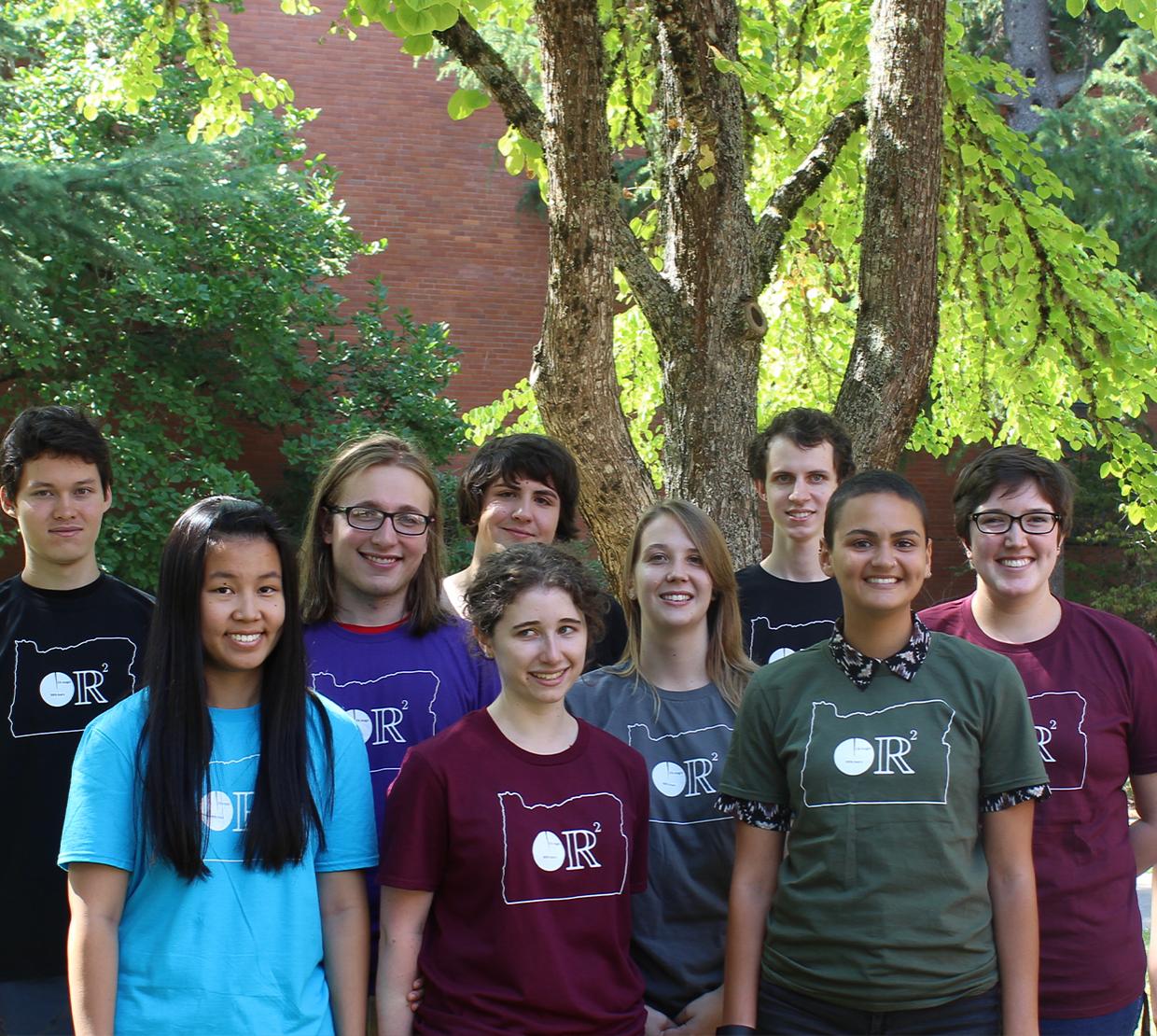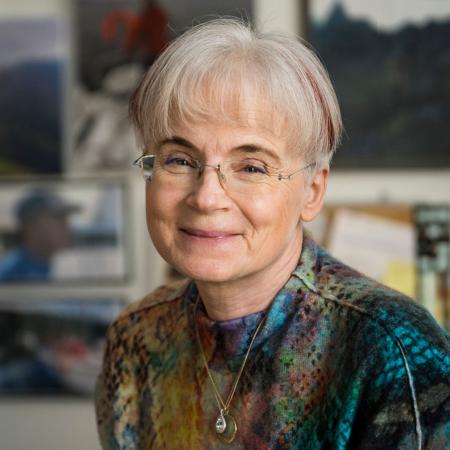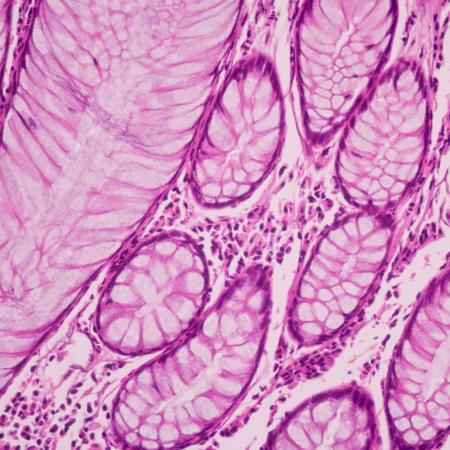The Department of Mathematics has been offering 8-week, NSF-funded research programs in mathematics and theoretical computer science for undergraduate students every summer since 1987. The Research Experiences for Undergraduates program, or “REU,” is a National Science Foundation (NSF) program that supports undergraduate students’ active participation in research.
The department targets students from a range of large and small public and private colleges and universities as a deliberate way to reach students who would not otherwise be exposed to the research process. This program has given the Department of Mathematics and OSU a competitive advantage with many private institutions to successfully recruit talented students in the mathematical sciences.
Students gain enriching experiences fromthe REU program in mathematics at Oregon State not only by exposing them to mathematical research, but also by interacting and working alongside talented students from all over the country. Conversely, the program is a fantastic way to showcase OSU to students from other universities, with an eye toward potential recruitment.
One shining example is Justin Webster, who participated in the 2007 REU program, was a post-doc in the department and is now with the Department of Mathematics at North Carolina State University. Another is Kevin McGown, who participated in our 2002 REU program, enrolled as an undergraduate student at OSU, was a post-doc in the Mathematics Department and is now an Assistant Professor in the Department of Mathematics and Computer Science at Ursinus College.
The program is unique in that it has a single director to oversee the program, allowing the director to monitor and track each student’s progress. Our dedicated and enthusiastic staff of research mathematicians and computer scientists work closely with students and advise them on projects. We place a strong emphasis on learning the process of research, including the formulation of questions, reading the literature, and working cooperatively with staff and other students. Ultimately, the major benefits to students are:
- Gaining invaluable hands on research experience
- Increasing their exposure to the current body of literature
- Honing life skills, such as team building, collaboration and written and oral communication
Students learn how to develop and deliver presentations about their work as well. They give presentations both at the beginning and end of the program in order to measure improvement and learning. The REU program even offers students travel funds to present their research during the year after the summer program.
We structure the program to foster a sense of camaraderie among students through their research as well as through social activities. For example, we hold regularly scheduled teas and also encourage students to collaboratively design a T-shirt that we print and give to students and faculty at the end of each summer.
To supplement research learning, students can attend a series of REU colloquia to gain an understanding and appreciation of the mathematics profession. The series includes mathematical lectures as well as talks focused on career paths and professional opportunities. Our REU program provides students with ideal working conditions, including a large shared office, extensive resources such as computers, supplies, access to the library and even housing and transportation.
Another aspect that makes our program unique is the strong collaboration between the Department of Mathematics and the School of Electrical Engineering and Computer Science. Starting in 1992, the NSF grants were submitted jointly by the Department of Mathematics and the School of Electrical Engineering and Computer Science. We are committed to continuing this tradition, which benefits the students as well as all of the faculty and staff involved.
In addition to support from NSF, we are tremendously grateful to the Department of Mathematics, College of Science, College of Engineering, the OSU Office of Research and the Provost for their help in funding this innovative program that brings research to undergraduate students who may not otherwise be exposed to it. Without this support, we could not be competitive with many private institutions in recruiting talented students.
Impact: A look at the numbers
The OSU mathematics REU program has had a rich and successful history of engaging undergraduate students in mathematical research. Moreover, we have had incredible success recruiting future mathematicians. To date, 252 students have participated in the program, 57 of which have continued on and earned a PhD in a mathematics-related field. This includes 30 students who are currently post-docs or tenure-track professors. This program has helped the department, the College and OSU make significant strides in addressing the shortages in STEM fields nationwide by training more professionals.
Developing more women in STEM
Our program has also had a phenomenal track record of recruiting women into the mathematical sciences. Throughout the history of the program, more than 45% of students have been female, and during the most recent four-year period, 50% of students have been female. Moreover, of the former students who are now currently post-docs or tenure-track professors, more than 36% are female.
We are excited and hopeful about continuing the longstanding, successful REU program in mathematics at Oregon State! We are delighted to share the good news that the REU grant proposal by PI Holly Swisher and Co-PI Glencora Borradaille in the School of Electrical Engineering and Computer Science was recently renewed for the next three years! For more information, visit our website.




